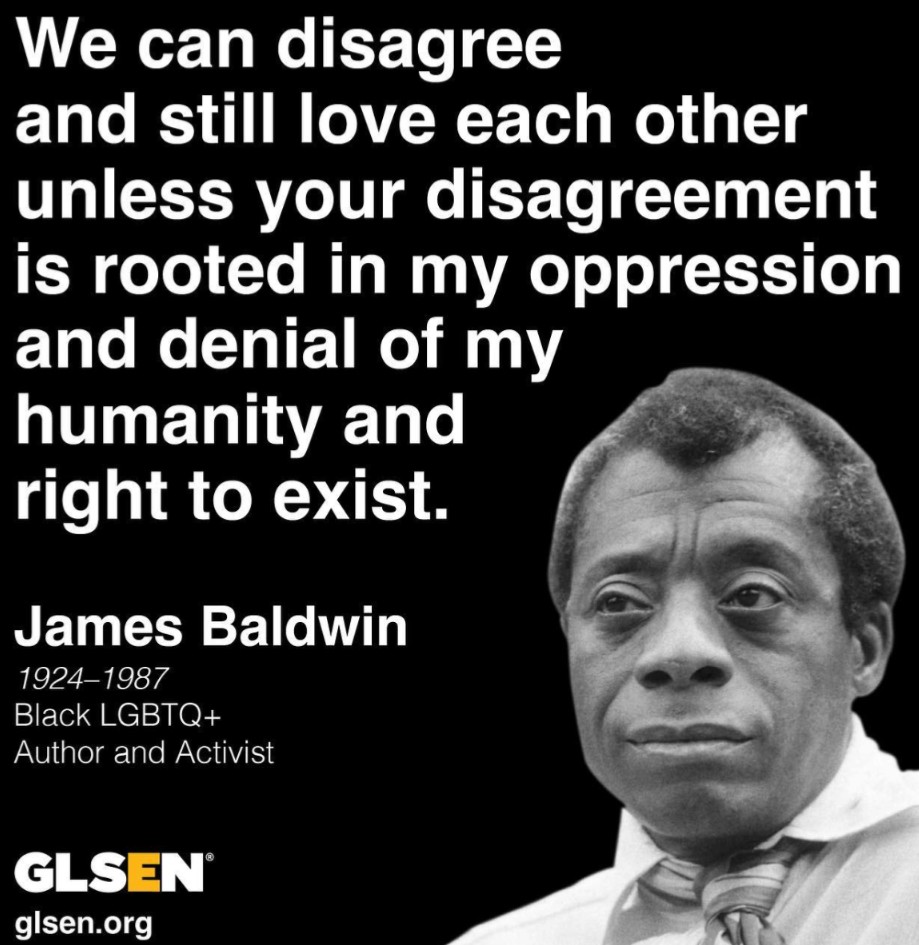

Is this a body-swap thing, or just the players having to play different characters?


Is this a body-swap thing, or just the players having to play different characters?


The first hospital diagnosed her with strep throat without investigating her sharp abdominal cramps. At the second, she screened positive for sepsis, a life-threatening and fast-moving reaction to an infection, medical records show. But doctors said her six-month fetus had a heartbeat and that Crain was fine to leave.


To those giving you shit about cutting horrible people out of your life and saying you need to go visit…

Bullshit. Fuck that noise. I have family that I’ve cut out as well (although, luckily, not my parents). I’m 100% open to them rejoining my life, but their hatred for others is stronger than their love for me, and I won’t allow them back until that changes. Spoiler alert: it probably never will, because there’s no love like Christian “love”.
“Agree to disagree” is reserved for things like “I don’t like coffee.” Not racism, homophobia, and sexism. Not human rights. Not basic common decency. If I unfriend you during this, it IS personal. We do not have a difference of opinion. We have a difference in morality.


I fucking hate these “personality assessments”. This is from one I just took the other day. One of around 50 questions.

I do Top/6hrs, but will jump over to Hot if I’ve been scrolling too long and run out of content.


For those interested in more info about the Dominionist views: https://www.pbs.org/wgbh/frontline/article/peers-of-pope-francis-criticize-steve-bannons-apocalyptic-worldview/
Yup. For those that don’t know, that’s essentially how utf-8 works -


Sorry, I agree with you. It reminded me of this line from Biden during the 2020 debate with Trump. It had similar energy to what you’re saying and just cut through Trump’s bullshit to highlight what we were all thinking.


Will you shut up, man?


You forgot to mention the furry porn… so much furry porn…
NIИ - The Downward Spiral is the common choice, but The Fragile is a much more complete album. However, my personal favorite is Year Zero.


I go pee pee standing up!


Yup. Then, when he’s still mispronouncing it, pivot to him not being able to remember how to pronounce it correctly being another sign of his mental faculties failing.


It’s called “line warming” or “line relief” in case anyone wants to look up more about it.
No worries. I’ve never played a ttrpg, just have a passing interest and thought I’d ask. Cheers!